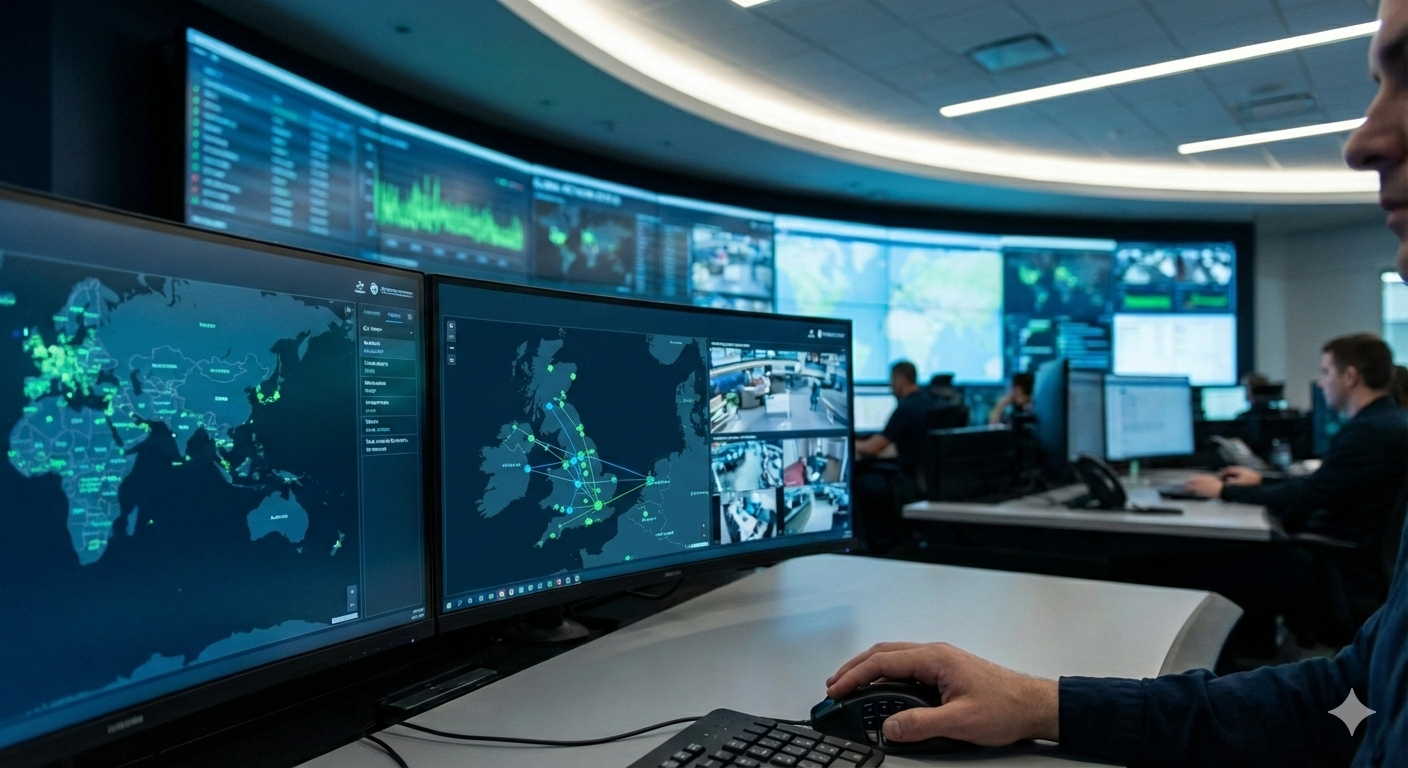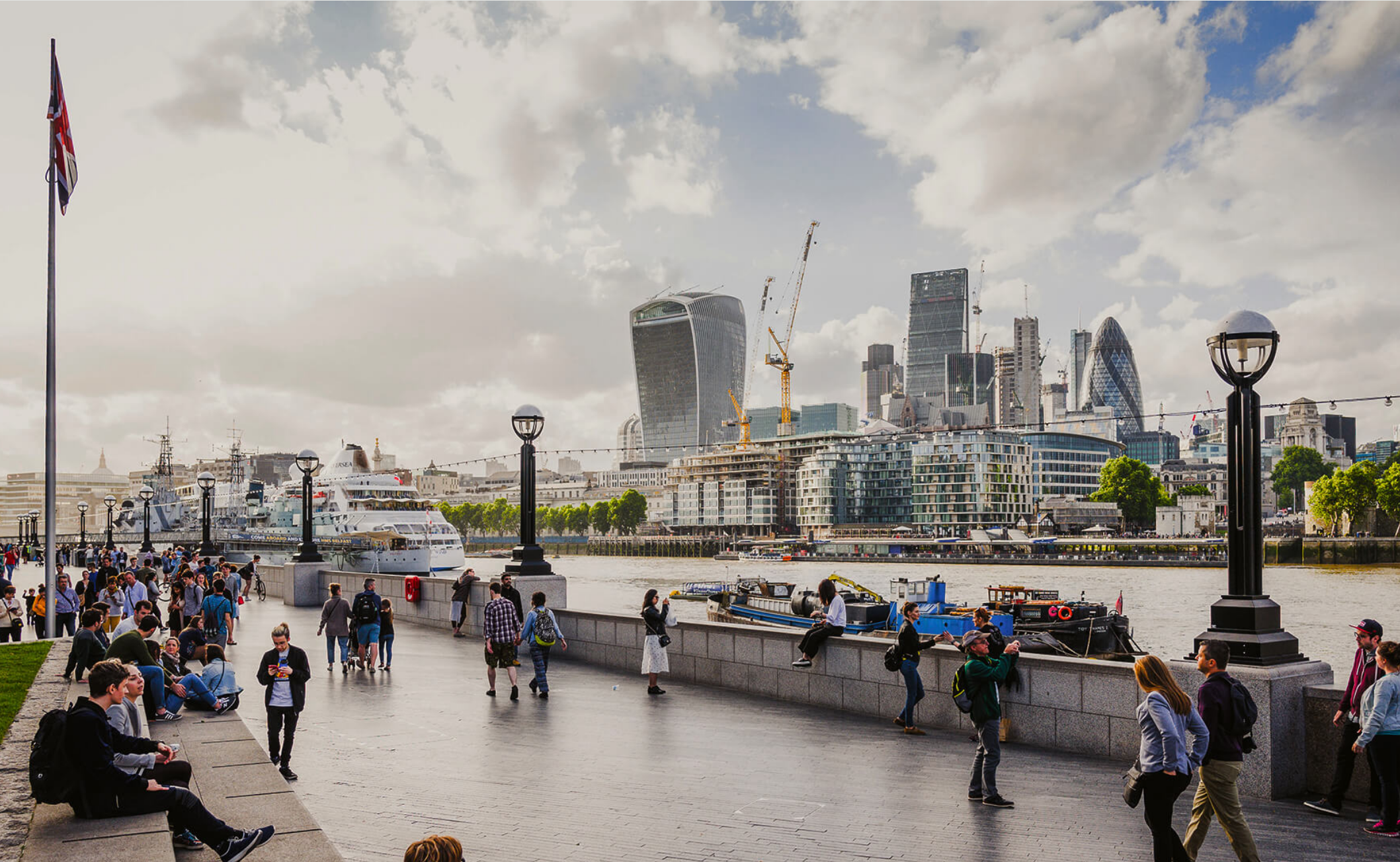
We have all heard about the digital divide, but over the years it has turned into one of these clichéd, throw-away terms which we have all used, but perhaps don’t fully understand or appreciate what it really means for some people. The digital divide can mean a lot of things to many people, on many levels, such as not having the means to make a simple phone call, book a standard doctor’s appointment or access educational services, which can have an enormous impact on people’s livelihoods, jobs and general wellbeing.
For many of us, access to digital services, devices and adequate broadband is taken for granted, and connectivity has become a daily necessity we can’t live without.
There have been many factors over time which have all contributed towards deepening the digital divide or created barriers for people such as:
The Covid pandemic – The pandemic created an increased reliance on connectivity. A study by Portland Communications’ for CityFibre was carried out on 1,012 UK online adults between the 28th and 29th April 2021, which discovered after 1 year of Covid as many as 80% of people said their day-to-day life would either be impossible or significantly worse without online connectivity.
Cost of living – Families or individuals who struggle financially, who want to improve their employment opportunities, but without the connectivity cannot compete on a level playing field and will not be able to pursue a digital future.
Lack of information – Without the means to access online resources such as Open University or other online educational settings, people are left behind on the digital skills front, and this is also leaving organisations unable to find employees with the right skill sets.
All of these factors contribute towards people not gaining the fundamental digital skills they need, and not only will families suffer the sharp end of things, but the economy will also, if not enough is done to counter the divide. Thankfully, things are starting to move in the right direction, and with government projects such as the ‘levelling up’ initiative and the ‘Shared Rural Network’, these are all helping network operators work alongside the local authorities to help tackle these areas of low connectivity, to help ensure everyone can have internet access and equal opportunities.
Having baseline broadband should be a given for everyone, and we can always be doing more to help achieve this. Metricell’s mission to deliver connectivity has seen projects such as supporting the roll out of the new Emergency Services Network (ESN), helping first responders with mission critical communications, and addressing network areas of degradation or notspots. Our recent project in Malaysia will help tackle low connectivity in social housing programmes and rural areas, working alongside the Malaysian government and partner Grass2Route, helping to uplift the local economy and provide continuous real-time network performance insights, reporting and analysis.
By enabling Metricell’s leading network intelligence solutions, identification of network performance issues and bad coverage areas can be highlighted and therefore targeted for optimisation.
Find out more here about how we can help bridge the digital divide and become Better Connected, for everyone.



